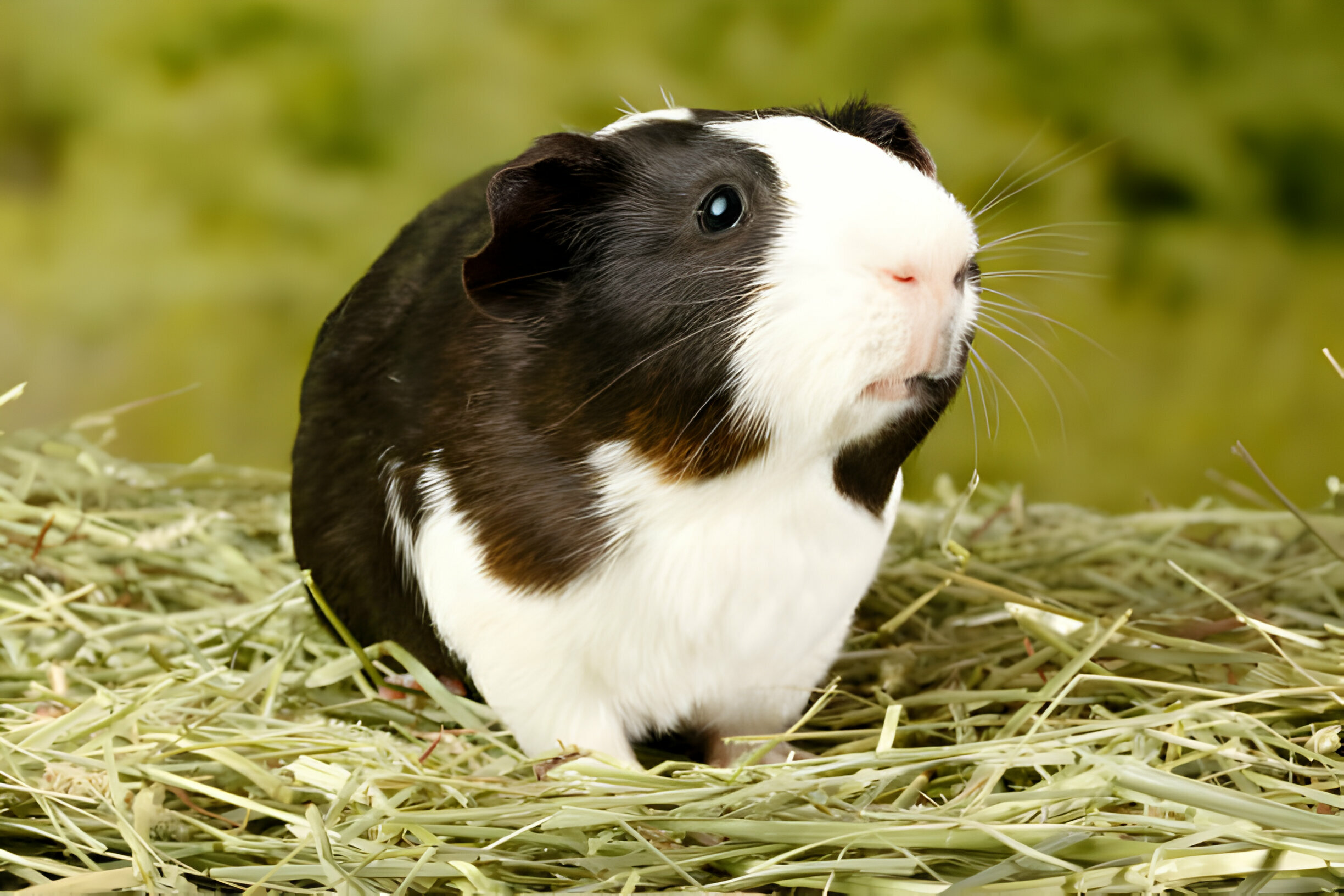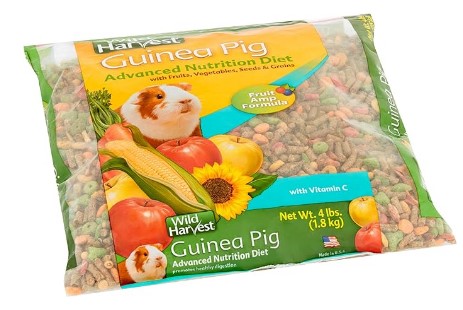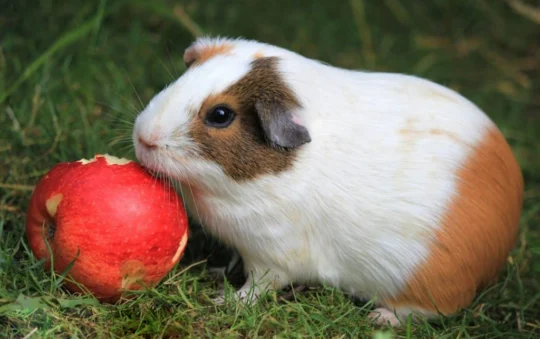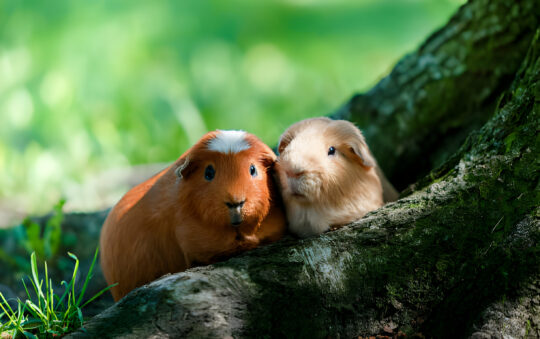The best diet for a guinea pig consists primarily of hay, fresh vegetables, and a small amount of high-quality pellets. Here are some guidelines for a balanced guinea pig diet:
- Hay: Guinea pigs require unlimited access to high-quality hay, such as Timothy hay, orchard grass, or meadow hay. Hay is essential for proper digestion and helps wear down their continuously growing teeth.
- Pellets: Choose a high-quality guinea pig pellet that is specifically formulated for their nutritional needs. Pellets should be a supplementary part of their diet, and they should be fed in moderation. Ensure that the pellets contain vitamin C, as guinea pigs cannot produce this vitamin on their own.
- Fresh Vegetables: Provide a variety of fresh vegetables daily. Include leafy greens like kale, romaine lettuce, and spinach. Bell peppers, carrots, cucumber, and cilantro are also good choices. Vegetables high in vitamin C are particularly important for guinea pigs.
- Fruits: Offer small amounts of fresh fruits occasionally, as treats. Fruits like apples, pears, strawberries, and blueberries are suitable choices. Be mindful of the sugar content and feed fruits in moderation.
- Clean Water: Ensure your guinea pig has access to clean, fresh water at all times. Use a water bottle to prevent contamination.
Avoid feeding guinea pigs certain foods, such as iceberg lettuce, potatoes, and high-calcium vegetables like spinach in excess, as these can be harmful to them. Additionally, be cautious with the amount of pellets and treats given, as overfeeding can lead to obesity and other health issues.
It’s essential to monitor your guinea pig’s weight, and if you have concerns about their diet or health, consult with a veterinarian specializing in small animals for personalized advice.




